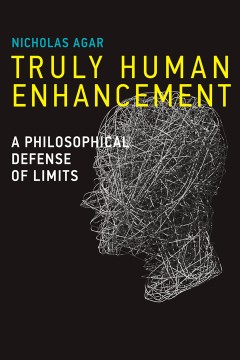Filter by
Self-tracking
People keep track. In the eighteenth century, Benjamin Franklin kept charts of time spent and virtues lived up to. Today, people use technology to self-track: hours slept, steps taken, calories consumed, medications administered. Ninety million wearable sensors were shipped in 2014 to help us gather data about our lives. This book examines how people record, analyze, and reflect on this data, l…
- Edition
- -
- ISBN/ISSN
- 9780262334693
- Collation
- 1 online resource (xi, 233 pages) :illustrations.
- Series Title
- -
- Call Number
- -

Imperial Technoscience: Transnational Histories of MRI in the United States, …
The origin of modern science is often located in Europe and the West. This Euro/West-centrism relegates emergent practices elsewhere to the periphery, undergirding analyses of contemporary transnational science and technology with traditional but now untenable hierarchical categories. In this book, Amit Prasad examines features of transnationality in science and technology through a study of ma…
- Edition
- -
- ISBN/ISSN
- 9780262322065
- Collation
- 1 online resource (xi, 219 pages).
- Series Title
- -
- Call Number
- -

Truly human enhancement : a philosophical defense of limits
The transformative potential of genetic and cybernetic technologies to enhance human capabilities is most often either rejected on moral and prudential grounds or hailed as the future salvation of humanity. In this book, Nicholas Agar offers a more nuanced view, making a case for moderate human enhancement -- improvements to attributes and abilities that do not significantly exceed what is curr…
- Edition
- -
- ISBN/ISSN
- 9780262318976
- Collation
- 1 online resource (233 pages) :illustrations.
- Series Title
- -
- Call Number
- -
 Computer Science, Information & General Works
Computer Science, Information & General Works  Philosophy & Psychology
Philosophy & Psychology  Religion
Religion  Social Sciences
Social Sciences  Language
Language  Pure Science
Pure Science  Applied Sciences
Applied Sciences  Art & Recreation
Art & Recreation  Literature
Literature  History & Geography
History & Geography